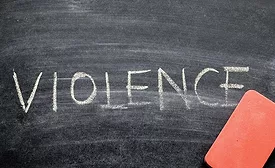Home » workplace violence
Articles Tagged with ''workplace violence''
Closer Ties: Private Security and Public Safety Need Interoperable Communications
Expert panel will discuss interoperability at 2019 Security 500 Conference
July 18, 2019
Sign-up to receive top management & result-driven techniques in the industry.
Join over 20,000+ industry leaders who receive our premium content.
SIGN UP TODAY!Copyright ©2026. All Rights Reserved BNP Media.
Design, CMS, Hosting & Web Development :: ePublishing








